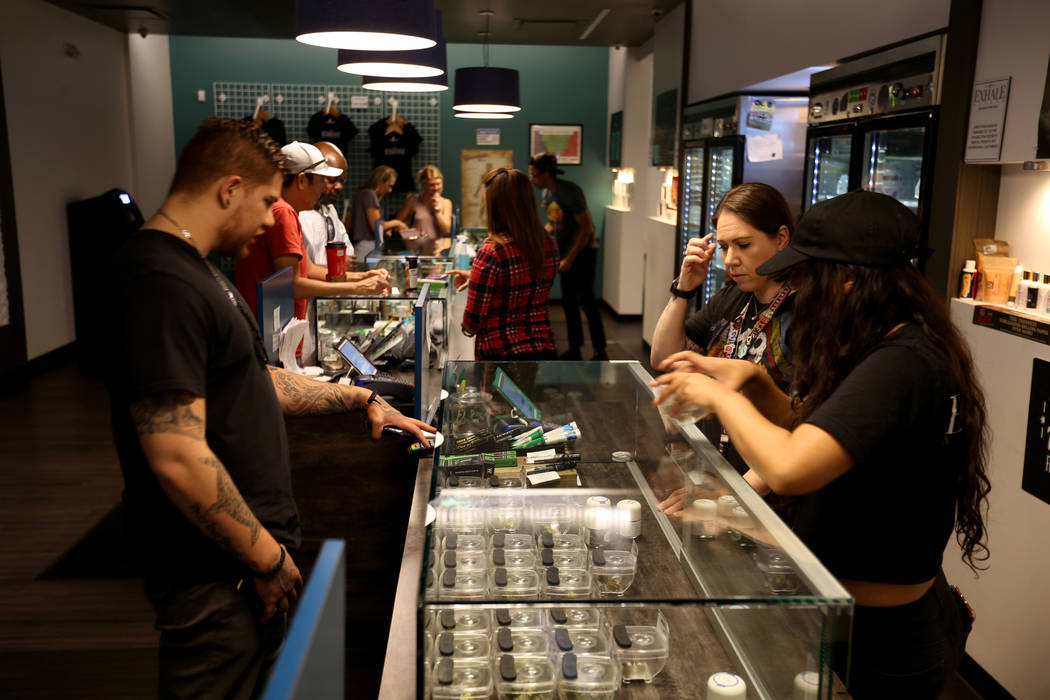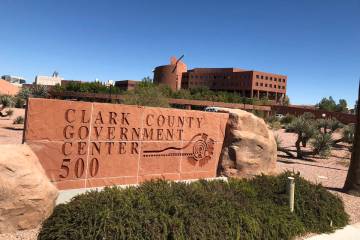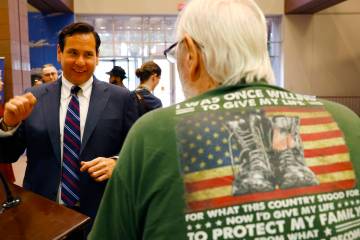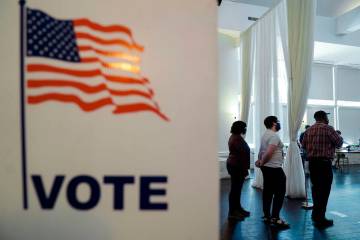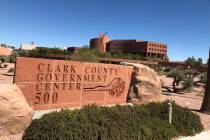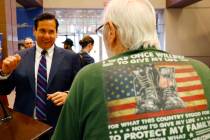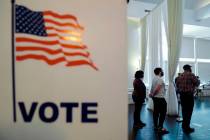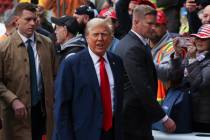Marijuana transparency bill on its way to the governor
CARSON CITY — A bill that would make the names of marijuana business owners public in Nevada cleared the state Assembly Tuesday, and now heads to the governor’s desk where it is expected to be signed.
Current law prevents the state from revealing who owns the hundreds of licenses for the nearly two-year-old industry that saw nearly $500 million worth of retail cannabis sold during the first year of recreational marijuana was legal. Some local municipalities in Southern Nevada have required those disclosures, but Senate Bill 32, a bill brought by the Department of Taxation, which regulates marijuana in Nevada, changes that law to make things like the names of marijuana business owners, the business names, as well as those who apply for the licenses, public.
The Assembly voted unanimously to approve SB32. Because it was amended in the Assembly to clean up some language, it now heads back to the Senate where the amendment will need to be approved. The Senate had previously approved the bill on a unanimous vote.
Also in Carson City Tuesday, the Senate unanimously passed Assembly Bill 169, which will create a review panel within the Department of Health and Human Services to track, study and report on maternal mortality in the state. More than half the Legislature has signed onto the bill, which passed the Assembly unanimously two weeks ago and now heads to the governor for his signature.
Sponsored by Assemblywoman Daniele Monroe-Moreno, D-North Las Vegas, the bill creates the Maternal Mortality Review Committee to look at circumstances of mothers’ deaths that occur from pregnancy up to one year after birth. Nevada is one of seven states currently without such a review process.
Contact Capital Bureau Chief Colton Lochhead at clochhead@reviewjournal.com or 775-461-3820. Follow @ColtonLochhead. Review-Journal staff writer Bill Dentzer contributed to this story.



